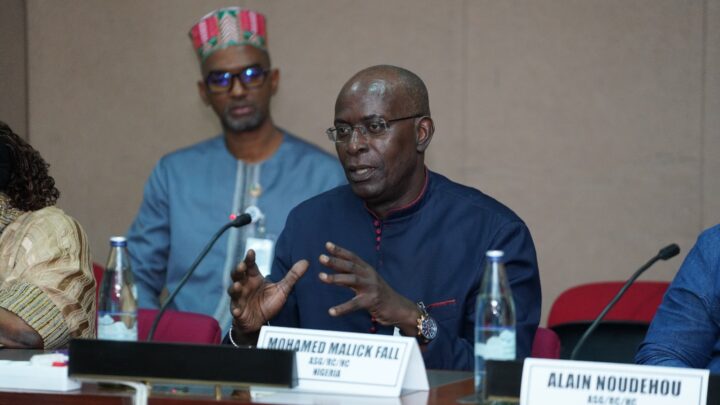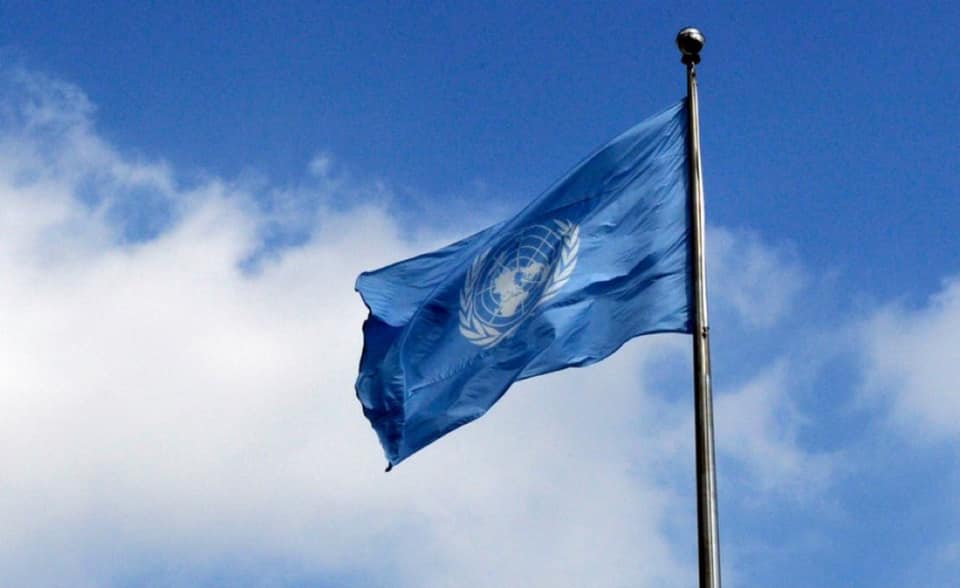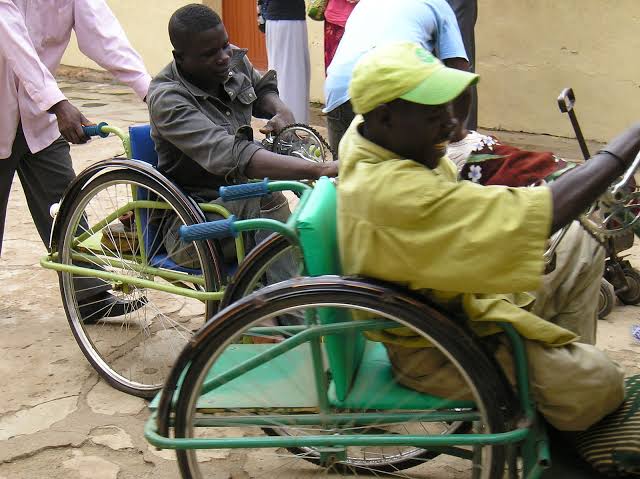The United Nations Office for the Coordination of Humanitarian Affairs (UN OCHA) says 4.8 million people are likely to face severe food insecurity over the lean season in Borno, Adamawa, and Yobe (BAY).
Mohamed Fall, UN resident and humanitarian coordinator in Nigeria, said this on Tuesday during the launch of OCHA’s multi-sector plan to address the food and nutrition crisis in the north-eastern states.
According to the report, close to half a million people are already facing high levels of food insecurity, just a step away from catastrophic levels of hunger.
The food insecurity and malnutrition crisis in the states are the result of protracted conflict, insecurity and spiralling inflation.
Advertisement
Mai Mala Buni, governor of Yobe, said climate change has also worsened the challenge in the state.
“This created food insufficiency and insecurity. Similarly, the return of our people who took refuge in Niger, Chad, and Cameroon as well as some neighbouring states, have further compounded this situation as available goods and social infrastructure were overstretched,” the governor said.
The UN report said the highlighted figures are the highest number of food insecure people in the BAY states in six years.
Advertisement
“To address this alarming crisis, the Humanitarian Country Team in Nigeria, in support of the efforts of the Government of Nigeria, has developed this six-month multisectoral Lean Season Plan to mobilize critical funding and resources for not only immediate food assistance and emergency healthcare but also interventions in agricultural livelihoods, water, sanitation, and hygiene and protection,” the report added.
“The Lean Season Plan seeks US$306.4 million to address the urgent needs of 2.8 million affected people in most severe need and to prevent a further deterioration in conditions.
“It is a strategic response aimed at providing immediate life-saving assistance and building the resilience of affected communities.
“It also prioritizes enhancing protection services to safeguard the most vulnerable people, particularly women and children, who are disproportionately affected by the crisis.”
Advertisement
Fall said the potential cost of inaction would result in the deaths of thousands of children under the ages of five, increased population displacement, heightened risks of abductions, and sexual and gender-based violence.
Zubaida Umar, director-general of the National Emergency Management Agency (NEMA), said the agency has been facilitating food distribution to affected states across the country as part of efforts to address malnutrition.
Umar said OCHA’s multi-sector plan is in alignment with the government’s efforts to prevent hunger-related deaths, and pledged continuous support to the cause.
Advertisement
Add a comment






